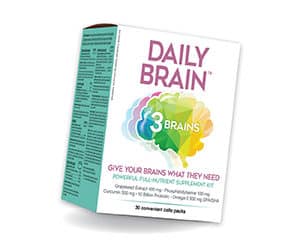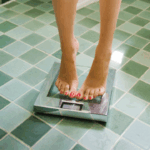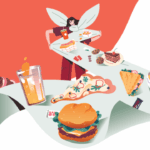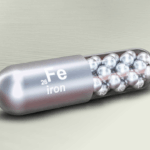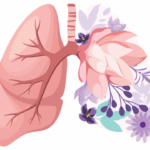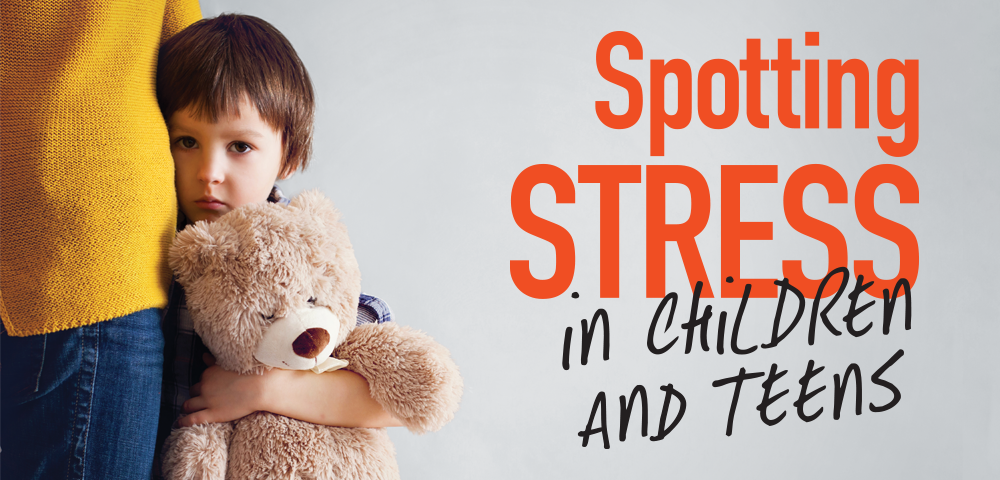
The brains of children and teens are still developing; these age groups are more vulnerable to the harmful effects of chronic stress.
Stress doesn’t just affect adults; many children and teens are experiencing the adverse effects of stress. According to the American Psychological Association (APA), teens report higher levels of stress than adults, and teens underestimate the effects of stress on their physical and mental well-being. The brains of children and teens are still developing; these age groups are more vulnerable to the harmful effects of chronic stress. Many are unaware of the direct connection between stress and the development of insomnia, obsessive-compulsive disorder (OCD), and learning problems, such as attention-deficit/hyperactivity disorder (ADHD), anxiety disorders, and depression. Mental health professionals are seeing more children and teens with depression and risks of suicide than ever before.
TOP STRESSORS FOR CHILDREN AND TEENS
These can be the Internet and social media, including negative media, body shaming, and cyberbullying; pressure for academic achievement; climate change worries; peer pressure; gender dysphoria; sleep deprivation; and parental stress, such as the effects of divorce, financial problems, illness, or work.
WHAT ARE YOUR CHILD’S STRESSORS?
You can identify, change, and eliminate stressors, but the first step is learning how to recognize the signs and symptoms of stress in children and teens to offer support. Children and teens may not realize they are stressed, so it is up to parents and caregivers to recognize the early signs and offer support.
COMMON SIGNS OF STRESS IN CHILDREN AND TEENS
Elementary-age children: Being distrustful, tummy aches, headaches, feeling insecure, decreased appetite, trouble sleeping/nightmares, bedwetting, lack of interest in school or friends, and general withdrawal.
Teens: Anger, disillusionment, distrust of the world, low self-esteem, stomach issues, headaches, depression, insomnia, anxiety and/or panic attacks, rebellion, and more.
Recommendations for support
Quiet time and nature – Children and teens are “on” all the time; school, sports, video games, and TV shows stimulate the nervous system. They need quiet time, whether reading with parents, walking outside, or hiking in nature. Spending time in nature can lower stress hormone production, elevate mood, and strengthen the immune system.
Kids need to feel safe, loved, and cared for – Home must be a safe place. This is the best way to offset stress. Feeling close to you and knowing you love and accept your children, no matter what, is more critical than ever. Provide routines like the same bedtime, eating a meal together, or being there after school. Routines provide a rhythm and let kids know there are things they can count on.
Exercise – Virtually any form of exercise can relieve stress. For example, exercise that gets the blood pumping, such as running, hiking, or racquetball, can increase the production of endorphins, the feel-good brain chemicals. Studies show that only two hours a week of moderate exercise or approximately an hour of vigorous exercise provide anti-stress benefits.
Supplement support for stress – Many supplements are available in capsule, liquid, chewable tablet, or powder forms. You can easily add liquid or powdered forms to morning smoothies for children too young to swallow capsules. Young children can also take chewable forms.
Ashwagandha belongs to a category of herbs called adaptogens, known for their stress-lowering effects and for regulating the immune system. Ashwagandha helps improve energy and sleep and helps with mental focus. It is safe for children ages three and over, but always check with your health care practitioner.
Chamomile is beneficial for stress, anxiety, mild insomnia, and restlessness. It can be taken as a liquid from a tincture or as tea or capsules, and is safe and effective in younger children.
AdrenaSense® contains important adaptogens, such as Siberian ginseng, ashwagandha, and rhodiola, to help mitigate the adverse effects of chronic stress. It is designed for teens and adults, but always check with your health care practitioner.
Gamma-aminobutyric acid (GABA) calms and relaxes the nervous system. Insufficient levels of GABA result in anxiety and nervousness. Stress-Relax® 100% Natural GABA comes in a chewable form and tastes great. It is safe for children over age six.
Bach flower remedies, such as Rescue Remedy®, help the nervous system and are great for young children.
Additional suggestions: vitamin C, probiotics, and magnesium.
Looking for more in-depth information? Sign up at womensvoice.com for updates on my new ebook coming in the fall of 2024.








